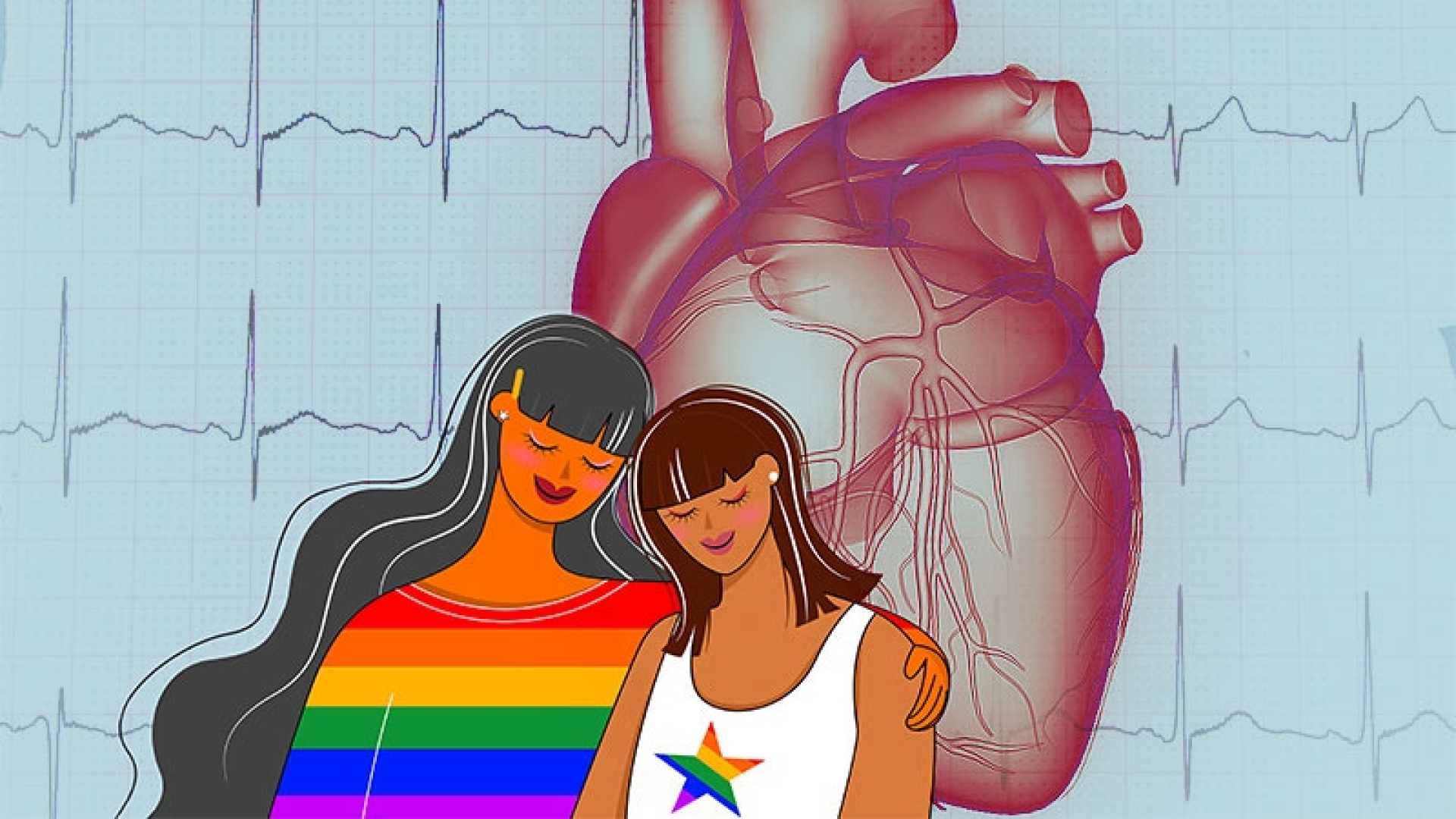Health
Barriers to Healthcare for LGBTI+ Community Highlighted in Recent Study

DES MOINES, IA, August 5, 2025 — A recent study reveals that many individuals from the LGBTI+ community face significant barriers when seeking routine healthcare from family physicians. These challenges can stem from noninclusive language and a general lack of training in issues related to sexual and gender diversity.
According to the report led by Raúl Salmerón Ríos, residents within this community often avoid disclosing their sexual orientation or gender identity during consultations due to fear of judgment and discrimination from healthcare providers.
This fear is backed by surveys indicating that some healthcare professionals still possess unconscious biases, which fosters distrust and leads to a withdrawal of patients from care. Commonly used heteronormative questions, such as “Do you have a girlfriend?” or “What’s her name?” can invalidate a patient’s identity unintentionally, increasing feelings of exclusion.
LGBTI+ health content is seldom included in medical training programs, leaving many healthcare providers ill-equipped to address the specific needs of these patients. The absence of inclusive practices—such as forms that do not recognize nonbinary identities—further alienates individuals seeking help.
Dr. Sederstrom, chief health equity officer at Hennepin Healthcare, emphasizes the importance of an open, non-assumptive communication style in medical settings. “There’s a vital need for customized approaches to care that validate the identities of all patients,” she stated.
To address these inequalities, the Spanish Society of General and Family Physicians (SEMG) recently partnered with the Spanish LGBT+ Federation to develop strategies aimed at improving care for LGBTI+ individuals. Their initiative focuses on enhancing training, communication, and patient-centered practices.
Health professionals are encouraged to continue education on these topics and implement inclusive symbols and resources in healthcare settings to create a more welcoming environment. Effective healthcare extends beyond mere clinical interactions; it requires building trust and fostering a safe space for all patients to share personal information.
The study makes it clear that by addressing these systemic barriers and actively pursuing inclusive healthcare practices, the healthcare industry can significantly improve the well-being and trust of LGBTI+ communities. Ríos noted, “Creating an inclusive clinical environment is not just recommended; it is essential for better health outcomes.”












